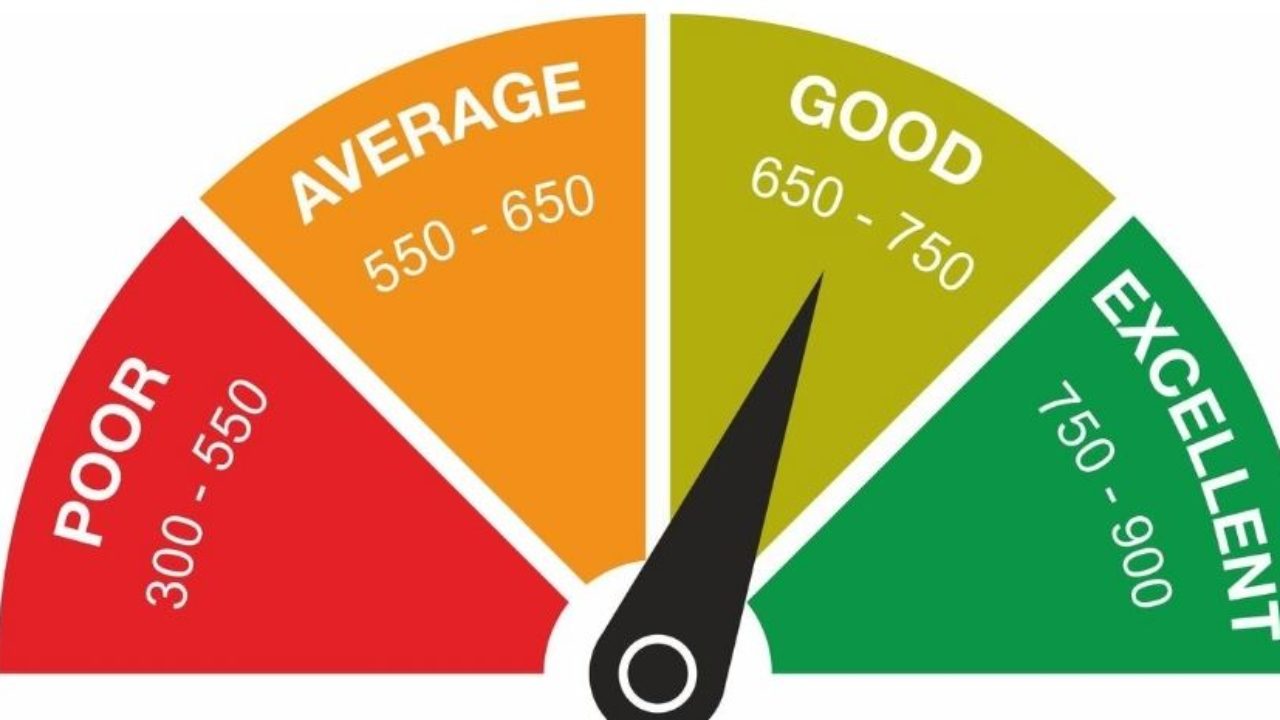What is a CIBIL score?
Your credit score is regulated by the Credit Information Bureau India Limited (CIBIL), which has direct control over your future contacts with lenders and financial institutions. A good credit score ensures that your loan or credit card application is approved quickly, but a bad credit score jeopardizes your current and future chances. A lack of understanding is the primary reason we can’t always maintain a good credit score. We find ourselves in difficult situations because of our lack of awareness, particularly during difficult times. That’s why, at Bajaj Finserv, we’ve put together a list of five critical traits that can help you develop and maintain a solid financial history.
The CIBIL score aids lenders in making their decision regarding whether to provide you with a loan. Your credit history, history of loan repayment, debt-to-income ratio, kind of existing loan (secured or unsecured), and prior credit card usage are just a few of the variables that affect your CIBIL score. Find out more about the elements that influence your CIBIL score on Bajaj Finserv markets. We’ll now examine the several additional elements that contribute to your CIBIL score.
Why is a good CIBIL score crucial?
Your credit health is captured in your score. It provides lenders with a picture of your capacity to pay back the borrowed sum.
Know the status of your credit:
You can see where you stand and what you should concentrate on by looking at your score and report. A summary of your recent and previous credit transactions can be seen in your CIBIL report. Regularly reviewing your report also enables you to identify and address any inconsistencies that may have adversely affected your score without your fault.
Enables you to qualify for loans
A CIBIL score of 750 or higher is desirable for financial institutions and lending platforms. Therefore, it is crucial to establish a credit history and obtain a score as doing so increases your eligibility to apply for credit with favorable terms. It is challenging for lenders to determine your creditworthiness if you have no credit history and no credit score. The range of a borrower’s credit score is 300 to 900. Your credit score indicates to a bank or lender whether you are a creditworthy borrower. Scores of 750 or higher are good. Your credit history, which includes the number of times you’ve borrowed money, the amount you borrowed, the kind of loans you’ve had, and other pertinent information, is what determines your credit score. Another crucial element is prompt payment of credit card bills and loan EMIs.
What Benefits Come with a High CIBIL Score?
- Lower loan interest rates
- Cards that offer better rewards and perks
- Get pre-approved loans
- Loan terms that are longer
- Quicker credit application acceptance
- Power in negotiations
- Discount on processing fees for loans and other costs
- Increasing the credit card limit
Your credit score is also impacted by how much of your credit limit is being used. To maintain a high credit score, it is advised to only use about 30 to 40 percent of your credit card’s spending limit each month. Unsecured loans that are still due or many credit cards might also lower your credit score.
You can save money by obtaining loans with more lenient terms and cheaper interest rates. On the other hand, a poor credit score may cause your loan or credit card application to be declined or accepted with unfavorable conditions.
How can I quickly enhance my CIBIL score?
But it’s not all doom and gloom. These seven wise moves will help you improve your credit score. You should, however, constantly practice these techniques and maintain track of your Personal Loan EMIs and credit card monthly payments. Here are ten easy ways to raise your CIBIL score:
- Make on-time EMI payments.
- Don’t take out several loans.
- Pay off your credit card debt as quickly as possible.
- Don’t use up all your credit.
- Choose a longer repayment period.
- Keep track of old debt accounts.
- establish a credit history.
- Examine your CIBIL test score report for any inaccuracies.
- Don’t take any actions that are risky or surprising.
- Avoid having a shared credit card account.
If you want to apply for a loan to fund future aspirations such as higher education, marriage, home ownership, travel, and so on, it’s a good idea to start tracking your payments and, if necessary, improve your financial discipline. With the growing economic values and high rates for day-to-day goods, maintaining a good CIBIL score is now a necessity. These ten actions can assist you in accomplishing the same goal.

